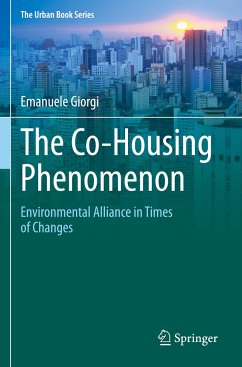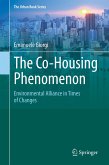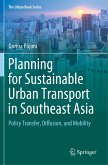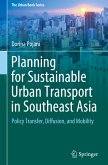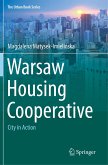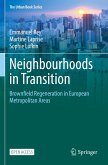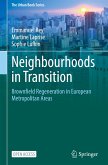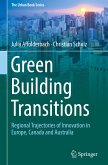This book presents 50 case studies of contemporary co-housing projects spread all over the world to show how communities of shared living have become a global phenomenon that can serve as a tool to promote social and urban sustainability. By presenting evidence that shared housing experiences are capable of revitalizing sterile urban fabrics and promoting social sustainable practices, the volume situates co-housing experiences as microscale responses to the macroscale challenges posed by environmental degradation and the decline of communitarian ways of living.
The volume also reviews the most famous typologies of shared living in different parts of the world across human history. By analyzing historical experiences in different regions of Africa, Americas, Asia, Europe and Oceania, the author shows that living together is part of a historical culture of sharing that is being rediscovered all over the world by people who activate public spaces, work in shared offices or live in contractual communities.
The Co-Housing Phenomenon - Environmental Alliance in Times of Changes will be of interest to both professionals and scholars involved in urban design, urban planning and architecture, especially those in the field of sustainable urbanism. It will also be a valuable resource for public agents and civil society organizations dealing with housing, social, environmental and sustainability policies.
The volume also reviews the most famous typologies of shared living in different parts of the world across human history. By analyzing historical experiences in different regions of Africa, Americas, Asia, Europe and Oceania, the author shows that living together is part of a historical culture of sharing that is being rediscovered all over the world by people who activate public spaces, work in shared offices or live in contractual communities.
The Co-Housing Phenomenon - Environmental Alliance in Times of Changes will be of interest to both professionals and scholars involved in urban design, urban planning and architecture, especially those in the field of sustainable urbanism. It will also be a valuable resource for public agents and civil society organizations dealing with housing, social, environmental and sustainability policies.

